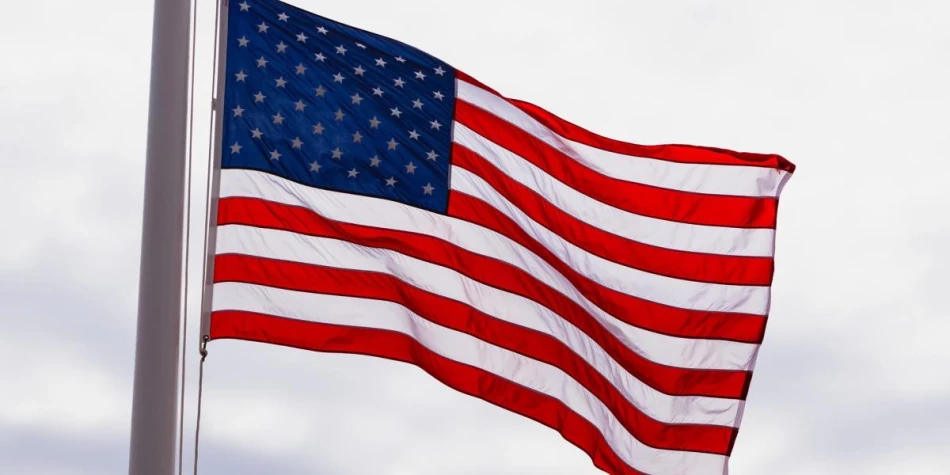
US Allies' Symbolic Recognition of Palestine Draws Criticism
US Calls Allied Recognition of Palestinian State "Performative" as Key Partners Break Ranks
The United States dismissed recognition of Palestinian statehood by major allies including Britain, Australia, and Canada as "performative gestures," highlighting a growing diplomatic rift over Middle East policy. The coordinated announcements came just before UN General Assembly meetings, marking a historic shift by traditionally pro-Israel nations nearly two years into the Gaza conflict.
Washington's Blunt Response
An unnamed State Department spokesperson made clear America's frustration with its allies' timing and approach. "Our focus remains on serious diplomacy, not performative gestures," the official said. "Our priorities are clear: releasing hostages, Israel's security, and peace and prosperity for the entire region, which can only be achieved if it is free from Hamas."
The sharp language reveals how isolated Washington feels as longtime partners chart their own course on Palestinian recognition.
A Coordinated Diplomatic Move
Britain, Canada, Australia, and Portugal announced formal recognition of Palestinian statehood on the same day - hardly a coincidence. The timing, just before UN General Assembly meetings in New York, amplifies the diplomatic pressure on both Israel and the United States.
These aren't fringe nations making symbolic statements. These are core Western allies with deep security ties to both the US and Israel, making their break particularly significant.
France and Saudi Arabia Push Further
The momentum builds from there. France and Saudi Arabia are co-hosting a summit on the sidelines of the UN meetings specifically focused on the two-state solution's future. France is expected to join the recognition wave, along with several other nations.
This Saudi-French partnership is telling - it bridges the Arab world and European powers in a way that bypasses American leadership on Middle East peace efforts.
Why This Matters Now
Two years of Gaza conflict have shifted international opinion in ways that matter for policy. European and Commonwealth nations face domestic pressure from voters who see continued civilian casualties and want their governments to act.
But there's also a strategic calculation here. These countries are betting that Palestinian statehood recognition will eventually become inevitable, and they want to be on the right side of history when that happens.
Market and Regional Implications
For investors watching Middle East stability, this diplomatic shift creates new uncertainties. Recognition doesn't immediately change facts on the ground, but it does change the international legal and political framework around any future peace deal.
Regional powers are taking notes too. The fact that major Western nations are willing to break with US and Israeli preferences shows the limits of American influence in the current moment.
The Bigger Picture
This isn't just about Palestine and Israel anymore. It's about whether the US can keep its traditional allies aligned on major foreign policy issues. The coordinated nature of these announcements suggests months of behind-the-scenes coordination that apparently didn't include Washington.
For the Biden administration, already managing complex relationships with allies over Ukraine and China policy, this adds another layer of diplomatic challenge. The "performative" label suggests real frustration, but offers no clear path forward to rebuild consensus.
The UN meetings will test whether this recognition wave grows or stalls. But the fact that it's happening at all shows how much the diplomatic landscape has shifted since October 2023.
Most Viewed News

 Sara Khaled
Sara Khaled






